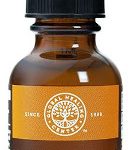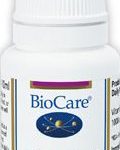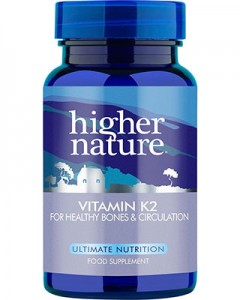With any amount of luck, the year will soon be properly moving on from the cold of winter to the relative warmth of spring and the temperatures will rise for all of us. And with that comes increased daylight. However, for those who work through the night, getting enough daylight hours can be an issue not just in the winter months, but throughout the year. And, don’t doubt it; there can be biological implications if they don’t manage to do so.
Indeed, several clinical studies conducted in recent years have proved that deaths owing to cardiovascular diseases are higher in winter months than at other times of year. The reason for this? Well, it may not just be coincidence because one study suggests that men with low levels of Vitamin D are more likely to suffer from a heart attack than those with higher levels of the vitamin in their bodies1. What’s the connection here, you may ask? Well, it’s that Vitamin D’s widely referred to as the ‘sunshine vitamin’ – and for good reason. Although an essential vitamin for the human body, it is traditionally derived via exposure to sunlight as it prompts the body to produce the vitamin.
Exposure to sun for around just 15 minutes, three times a week is said to be sufficient to produce enough quantities of Vitamin D for the body. And yet, everyone’s body is different and some, maybe most certainly need far more. Indeed, there’s no question that, for instance, for the majority of the men who took part in the aforementioned study, to eradicate their Vitamin D deficiency and increasing their body’s levels of it would reduce the chance of suffering a heart attack.
What does Vitamin D do?
But what is it that makes Vitamin D so essential? Why do our bodies need it so much? Not only does it play a critical role by encouraging and ensuring the absorption of magnesium and calcium takes place in the body, but also – and perhaps why it has the aforementioned connection to heart health (especially in men) – its presence in the body makes sure there are adequate levels of calcium and phosphorous in our blood, which means both these crucial elements are carried to the organs where they’re required for our bodies to function correctly and keep us healthy and well.
Vitamin D supplements
Now, you may be one of the fortunate people who does – and, indeed, make sure you – get a decent amount of ‘sun time’ in the summer; that’s good for sure, so long as you take precautions when the sun’s at its hottest (and its harmful UV rays) are at their most potent at the height of the day. But, even so, it’s probably unlikely you’re actually getting enough Vitamin D from this method alone. And, if that’s the case, what about those poor people who are, for whatever reason, not able to do as you do come the summer months? And those who barely see the sun at all in less warm months when there’s far less daylight?
The truth then is that the vast majority of us could do with a little help in boosting our Vitamin D levels. To that end, supplementation is the ideal avenue to turn to. And one of the best Vitamin D supplements on the market (actually the best-selling for us at The Finchley Clinic) is Vitamin D3 (5,000iu) with Vitamin K2. Not only are its capsules chewable and capable of being taken sublingually, but they also have a terrific apricot flavour and, among all the other attributes and benefits to your body they offer, they’re great for supporting both the skeletal and the immune systems. Indeed, it’s the supplement’s additional ingredient, Vitamin K2, contributes to bone strength and arterial and heart health (reducing calcification or even decalcifying and likely reducing blood pressure).
Moreover, you may also be interested in the following supplements that are also ideal for boosting your Vitamin D intake:

Suntrex D3 – a premium quality product created by extracting oil from nutrient-dense lichen plants, it provides support for the immune and nervous systems and promotes good organ, bone and brain health; suitable for vegans.

Biomulsion D – A fluid-based Vitamin D3 supplement, it provides maximum strength and convenience in a few tiny drops for those who’d prefer not to take tablets or capsules.
Reference:
1. Giovannucci E., Liu Y., Hollis B. W. and Rimm E. B. ‘25-Hydroxyvitamin D and Risk of Myocardial Infarction in Men’. Archives of Internal Medicine. June 2008; 168 (11): 1174-1180.



